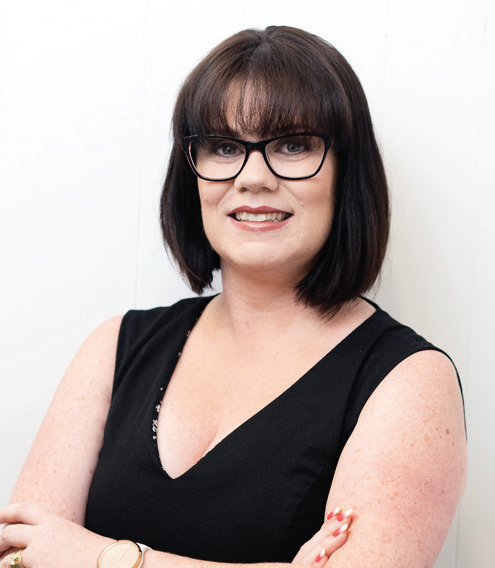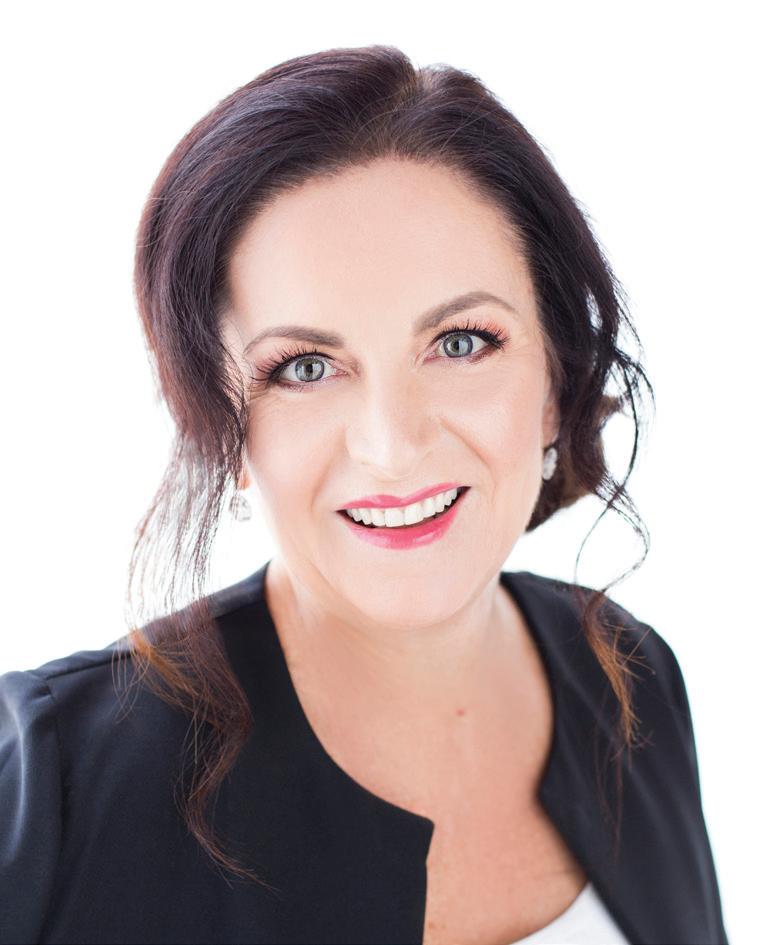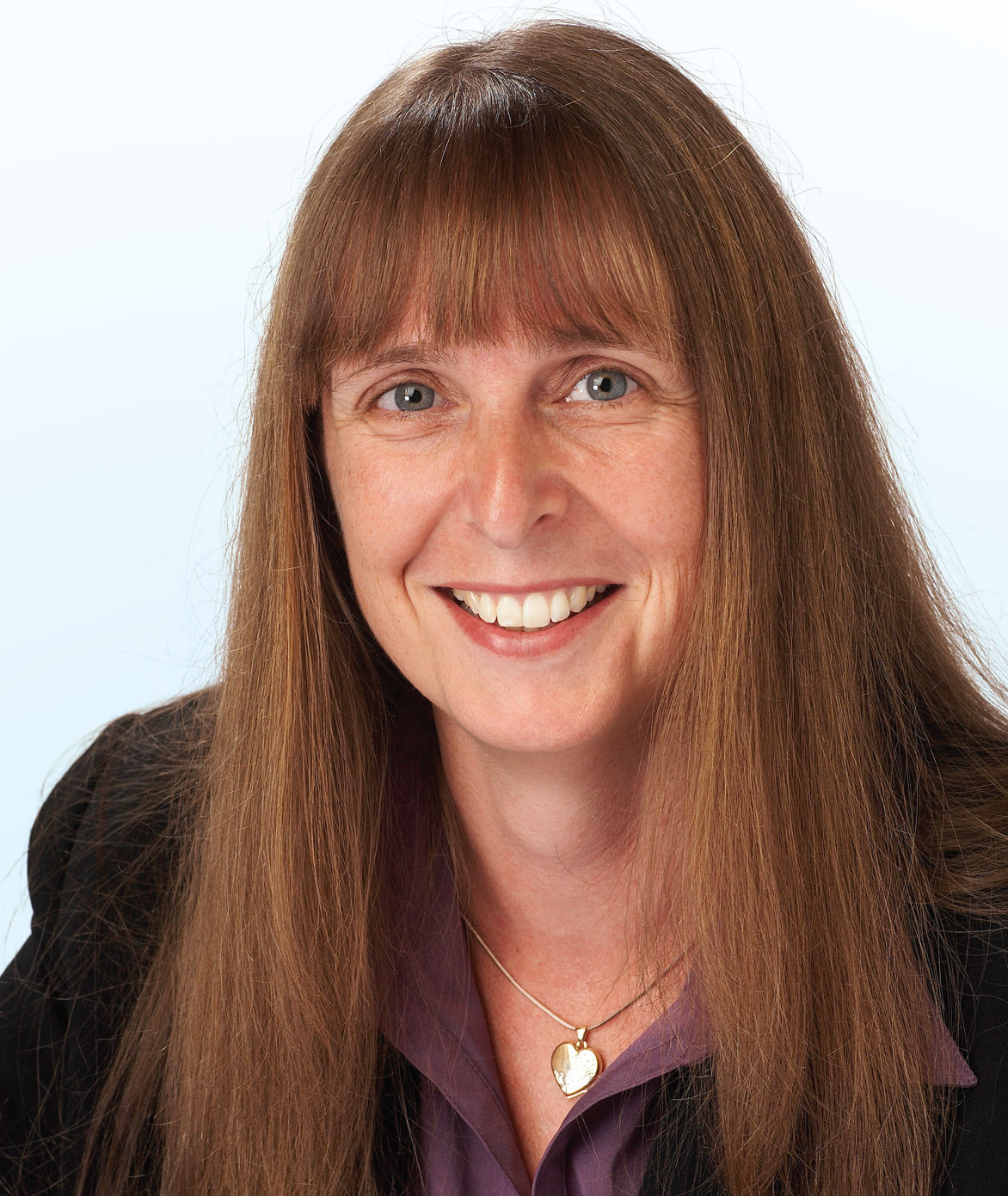

By
While property values have charted eight consecutive months of growth, with the CoreLogic February 2020 Home Value Index showing that home prices reached a record high in five of Australia’s eight capital cities, the momentum seems unlikely to hold, given affordability concerns. Although the financial comfort of metropolitan households increased 3% to near-record highs, the financial comfort of regional households fell 4%. The gap between regional and metro areas has now reached a record 13% – almost twice the historical average.
These notable falls in financial comfort across regional Australia dampened the overall rise in national financial comfort, with the overall Household Financial Comfort Index improving by 2% to just 5.59 out of 10 during the six months to December 2019.
In such conditions, how are regional brokers faring? Here’s what some had to say about working on the ground in regional areas of Australia.
 Amy Small, regional director, Professional Lending Solutions
Amy Small, regional director, Professional Lending Solutions
Wallsend, NSW
Amy Small, regional director and credit representative at Professional Lending Solutions in Wallsend, a western suburb of Newcastle in NSW, was previously employed as a lender and lender support at My Choice Home Loans, and before that she was a lender or lending support at Westpac and CBA.
Like many brokers with children, Small’s day starts with getting her kids ready to go to school.
Once in the office she conducts the first debrief of the day for staff and makes plans for the day ahead. She sees clients throughout the day and structures loans for submission; works out at lunchtime at the local gym; and tries to finish the day in time to be home for dinner and to help with homework.
On average, Small’s loan sizes are around $450,000, and she handles about 14 loans a month. This is her second year as a broker.
For Small, the biggest difference between working regionally and working with clients in the city is that it usually involves smaller loans. She says, “I deal with a friendlier client base that prefers a simple, straightforward, honest conversation to help them with their finance goals.
“I deal with a friendlier client basethat prefers a simple, straightforward,honest conversation to help themwith their finance goals” Amy Small, regional director and credit representative, Professional LendingSolutions
“Wallsend/Newcastle is a tradie town known for a few tourism spots like the Hunter Valley vineyards and the Supercars. This town has strong ties with the mining and medical industry. It is a combination of country and city that satisfies me, as I grew up in a small country town north of here but still love the metropolitan feel.
”Small says that, based on her experience, regional brokers have great work-life balance in comparison to, say, city brokers.
She says, “I have met local brokers long-term in the industry who have structured their business around their life, and this is similar to what I do with the mum-work life juggle. There would be larger loan sizes in Sydney but more cut-throat competition.”
 Paddy O’Sullivan, senior mortgage broker, Mortgage Choice
Paddy O’Sullivan, senior mortgage broker, Mortgage Choice
Nowra, NSW
Paddy O’Sullivan, senior mortgage broker at Mortgage Choice in Nowra, previously worked in mining as a materials engineer. He says he was inspired to become a mortgage broker because he felt that it would allow him more time to live and work in the Shoalhaven region where he grew up, closer to his friends and family.
O’Sullivan starts the day by exercising at 5am, then heads into the office where he begins working on loan scenarios and submitting applications.
He says, “My day is broken up with appointments and phone calls. I work late Tuesday and Thursday nights, with appointments into the evening when I can meet with customers after hours.”
O’Sullivan’s average loan size is about $350,000, and he has completed over 271 loans over the last 12 months.
In terms of the major difference between working regionally and working with clients in the city, he says, “We have a diverse client base, from first home buyers, investors and refinancers to those seeking commercial loans and reverse mortgages. It is harder for us to specialise in a niche market, which is why my team and I are constantly working on building our knowledge to cater to a more diverse client base.
“Nowra is a vibrant regional hub with a growing cafe culture. It is the major commercial district linking the smaller tourist-driven towns on the coast. Our community is laid-back, consisting of a large mix of self-employed and PAYG clients.”
He advises that all brokers should immerse themselves in their communities. He says, “Surround yourself with great people, work hard and you will build a great business.”
In his opinion, it’s tougher working in a regional area than in the city.
“We need to cover more scenarios with less support, and we have the geographic challenge of a spread-out customer base, which sometimes means lenders will postcode-restrict their lending,” O’Sullivan says.
“[But] the mortgage broking industry is a fantastic industry to be a part of; it’s important to stay focused, block out all the noise and keep your clients’ best interests at heart. The early years can be challenging and somewhat tiring. Keep pushing forward and you will be rewarded.”
 Kaia Hunter, owner and director, Mortgage Choice
Kaia Hunter, owner and director, Mortgage Choice
Buderim, Queensland
Kaia Hunter, owner and director of Mortgage Choice Buderim and Sunshine Coast, runs her own business as well as working as a broker. Prior to working as a broker she spent 10 years in the digital media space, which she says gave her the experience that has come in handy in marketing her business.
She was inspired to become a broker because she wanted to share her love of property investing and help others create a property portfolio.
She says, “I am a single mum so my day usually entails rushing to get out the door in time for school and to arrive at the office before 8.30am. My team and I start the day with a huddle at 8.30am to run through the status of our clients’ applications, any bottlenecks, address questions from the team, and check in on how everyone is doing.
“Then it’s on to client appointments, assisting the team, working with potential new clients and moving them forward, checking in on existing clients and monitoring any applications in progress to ensure all is running smoothly.
”Hunter’s average loan is about $300,000, roughly in line with property prices on the coast, and she conducts about 300 loans a year.
She adds, “Without having worked in the city, I’m not certain there are too many major differences. However, our client base consists of a large number of self-employed applicants, perhaps stemming from the coast having a smaller population, and there are more limited job opportunities than in larger cities.
“We also write a large number of construction loans as a result of all the development in the Sunshine Coast.”
Originally from Sydney, Hunter says she loves the Sunshine Coast. “It’s a beautiful place to live, and it’s so much more relaxed than the city. I love that I get to run a business in paradise and that I get to raise my daughter in such a wonderful environment. Working in a smaller community is wonderful.
“I love that I get to run a businessin paradise and that I get to raisemy daughter in such a wonderfulenvironment” Kaia Hunter, owner and director, Mortgage Choice Buderim and Sunshine Coast
“I also think it’s perhaps more relaxed workwise, given the coastal location. People move here from the big city for the relaxed lifestyle, and that’s evident in the way we live and spend our time.”
 Todd Haffner, mortgage broker, Smartline
Todd Haffner, mortgage broker, Smartline
Bunbury, WA
Todd Haffner, mortgage broker at Smartline, lives and works near the beach in Bunbury, WA, about 200km south of Perth.
From Perth originally, he says he started his own broking business, Mortgage Force, in 1996, which became Smartline in 2009.
“During those early years I was working myself into the ground, doing 70–80 hours per week, barely seeing my wife and two young children at all. My wife was worried about my health, and I wasn’t happy to be missing out on so much of my kids’ lives – I wanted to be much more involved. We realised something had to change,” he says.
“I had spent part of my childhood in Bunbury, and it was quite influential for me – it was a great place to grow up. It has all the facilities of a big city, but they are right at your fingertips – everything is a five-minute drive away! It is also accessible to Perth, so I felt I could maintain the clientele I had worked so hard to build up in my broking business. So, in 2005, we moved to Bunbury, and we really haven’t looked back.”
Haffner typically writes around eight loans a month, with the average loan size around $445,000.
“Since moving to Bunbury, most communication with my Perth clients is by phone and email. I have much more time now to get on the phone and give my clients a call to check they are happy with their loans or ask if they need anything,” he says.
“My clients are generally as time-poor as I am, so this arrangement suits them too. I spend two solid days a week in Perth visiting my clients. For potential new clients – both here and in Perth – I now do all the research, fact-finding, reviewing market offers and arranging documentation before our face-to-face meeting.
“This generally means that, by the time I meet with the client, we are well on the way to finalising the loan, and there aren’t many who drop out from that point. For my Bunbury clients, I can visit them very easily of course, but I still run my business in Bunbury the same way.”
He adds, “Our lifestyle here is very different to what it was in Perth. I am away for my two working days in Perth, but this means that when I’m in Bunbury, I’m there for my family – it really is quality time. We usually have at least an hour to spend together each morning, and we will often go for a swim at the beach together before work and school.”
Haffner’s advice to a city broker considering moving to a regional area is to thoroughly consider where they want to get their business from, and the great opportunity to save on living costs. However, he says, “You may have to work a bit harder because the dollar value of the loans will be less if you build all your business in the regional area.
“I would also suggest you make your business paperless. Buy yourself a good laptop with all the right software and make sure you know how to use the software effectively. That way, you can work from anywhere – on the side of the road, in a cafe, in an airport or in someone else’s office. There’s really no need for paper these days!”
 Katharine Smoother, mortgage broker, Smartline
Katharine Smoother, mortgage broker, Smartline
Bathurst, NSW
Katharine Smoother, mortgage broker at Smartline, is a mobile lender in the Bathurst region about three hours west of Sydney.
She works from home, and most of her clients live in the broader region, in towns like Blayney, Orange, Oberon and Portland.
“I lived in Wollongong for 32 years and used to write home loans for Commonwealth Bank. But I was becoming disillusioned by the traffic, the crowds and the stressed-out, unfriendly people. In 2003, my husband, my two children and I went on a trip to see a car show in Bathurst. We loved it so much that within 12 months we had moved there!” she says.
“Of course, living in the Bathurst region, you generally aren’t paying the exorbitant prices for real estate that you pay in the cities. There is a lot more variety in the types of loans I write in Bathurst. In Wollongong, most clients just want a standard suburban home. But in this area there are more different types of property available.”
Her advice to someone considering becoming a regional broker is to ensure they are client-focused.
“You need to care about each and every client and do the right thing by them no matter what, otherwise you will not be respected in the community, and this damages your business’s reputation. In Bathurst, there’s often only two degrees of separation; that is, if you don’t know someone, they will probably know someone you know,” Smoother says.
“You can’t hide in a regional town like you can in a big city. Everyone will hear about it if you’ve done something poorly, for example if your service is very slow, if you aren’t willing to be available to discuss issues, or if you give bad advice. You need to be willing to talk to your clients and give them your best effort each time.”
“It’s important to stay focused ...The early years can be challengingand somewhat tiring. Keep pushingforward and you will be rewarded” Paddy O’Sullivan, senior mortgage broker, Mortgage Choice
She adds, “Having your own business in a regional area isn’t for everyone – it really depends on your personality. Some brokers thrive on a fast-paced lifestyle. They enjoy drumming up business, networking, analysing figures and arranging as many loans as possible. If that lifestyle comes naturally to you, you might find working in a capital city easier. On the other hand, I burnt out very quickly in the city, so if you are like me, you’ll probably find you love working in a regional area!
 Travis Hole, financial affairs specialist and credit representative, Zobel
Travis Hole, financial affairs specialist and credit representative, Zobel
Mount Gambier, SA
Until recently, Travis Hole, financial affairs specialist and credit representative at Zobel, was located in Mount Gambier, SA. He has been a broker at Zobel for over 13 years, originally in Mount Gambier prior to a six-year stint setting up the Whyalla office in SA’s Iron Triangle region on the Eyre Peninsula. The Zobel group itself was founded in Mt Gambier in 1999 and continues to see the Mt Gambier office as the flagship office of the group.
Hole’s average loan size is around $280,000, and he might transact around 120 loans in a given year.
Mt Gambier is SA’s largest regional city, located approximately 450km southeast of Adelaide near the Victorian border. Within the city limits it has a population of approximately 25,000, but it is in reality a business/retail centre for closer to 75,000 people, taking into consideration the surrounding towns and farming communities.
According to Hole, it is a diverse area from an employment and business perspective, with forestry and agriculture as its key industries.
He suggests brokers thinking of going regional should not look at these areas simply as a potential source of clients or leads, because without a legitimate presence and a plan to get fully integrated and involved in the community, the potential to establish and grow a business in a regional location would be low.
“From a business operational point of view, I’d suggest the pros and cons of regional versus capital cities most likely level out,” he says.
“Being regionally based makes it easier – commute time, ability to advertise cost-effectively, known within community, etc. However, the lower average loan size dictates that we need to work considerably harder to achieve similar financial objectives.
“The resources (time consumed and support staff wages) associated with processing applications is more often than not transaction based as opposed to volume based, and as such the need to process more transactions does presumably make it more difficult for a regional-based broker compared with our capital city counterparts.”
Finally, he adds, “From a lending perspective, regional areas and properties do present challenges in their own right when it comes to acceptable security locations/types, which can more often than not restrict the panel lenders we can work with, and in many cases this, along with valuation variances, can add an extra layer or two to the process when presenting clients with options.”
